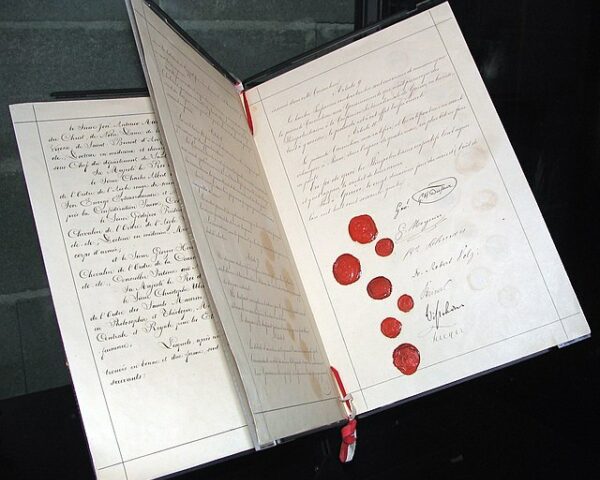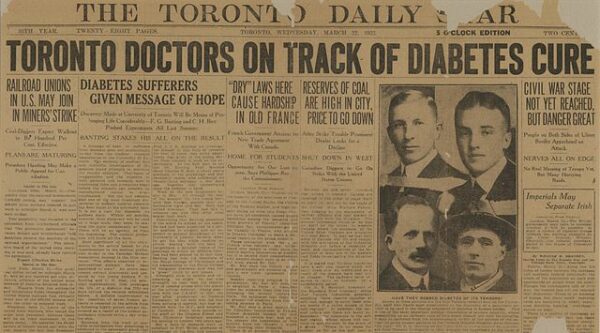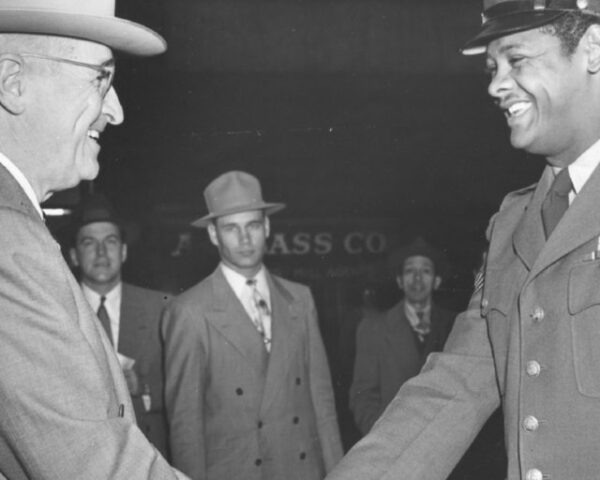On April 27, 1805, one of the most daring and consequential events of the First Barbary War unfolded—the American-led assault on the Tripolitan city of Derna. This audacious expedition, immortalized in the Marine Corps hymn with the phrase “to the shores of Tripoli,” showcased the bravery and resourcefulness of American forces.
Under the command of U.S. Navy Lieutenant Presley O’Bannon, a mixed force of Marines, sailors, and mercenaries embarked on a grueling march across the deserts of present-day Libya to reach Derna. Facing harsh terrain, hostile Bedouin tribes, and the formidable defenses of the city, the American-led expedition demonstrated unparalleled determination and resolve.
The battle for Derna culminated in a fierce engagement between American and Tripolitan forces. Despite being outnumbered and outgunned, the American-led coalition displayed superior tactics and cohesion, ultimately securing victory. The capture of Derna not only dealt a significant blow to the Pasha of Tripoli’s forces but also demonstrated America’s ability to project power deep into enemy territory.
At the heart of the conflict lay the refusal of the Pasha of Tripoli to cease his demands for tribute from American merchant vessels. President Thomas Jefferson, a staunch advocate for a strong navy, faced this challenge head-on. In 1801, he ordered a naval blockade of Tripoli and dispatched a small squadron to the Mediterranean, signaling America’s intent to confront piracy and protect its economic interests.
The early stages of the war saw daring engagements, none more notable than the capture of the USS Philadelphia by Tripolitan forces in 1803. However, the setback transformed into a triumph when American sailors, led by Stephen Decatur, executed a daring raid to destroy the captured ship, denying its use to the enemy. Decatur’s boldness and skill exemplified the resolve of the American military and bolstered morale.
Integral to America’s efforts were the United States Marines, who distinguished themselves in numerous raids and battles throughout the conflict. Their actions, including the famed “to the shores of Tripoli” expedition, showcased their bravery and effectiveness in unconventional warfare.
The Barbary War was not merely a military confrontation but also a test of diplomatic finesse. The United States sought alliances with European powers to bolster its position and pressure the Barbary States into submission. Through skilled negotiation and strategic maneuvering, American diplomats secured crucial support, demonstrating the nation’s diplomatic acumen on the world stage.
In 1805, the war reached its conclusion with the signing of the Treaty of Tripoli. This pivotal agreement secured the release of American prisoners held by the Barbary States and marked the end of tribute payments to Tripoli. The treaty affirmed America’s commitment to free trade and signaled its emergence as a naval power capable of defending its interests overseas. Moreover, it set a precedent for future engagements, establishing a framework for American diplomacy in the face of threats to its maritime commerce.
The legacy of the First Barbary War reverberated beyond its immediate conclusion. It affirmed the principle that the United States would not capitulate to extortion and piracy, setting a precedent for future engagements with hostile powers. Furthermore, it underscored the importance of a strong navy in safeguarding American interests and projecting power abroad. The lessons learned from this conflict would shape American foreign policy for generations to come, influencing how the nation approached threats to its security and economic prosperity.






